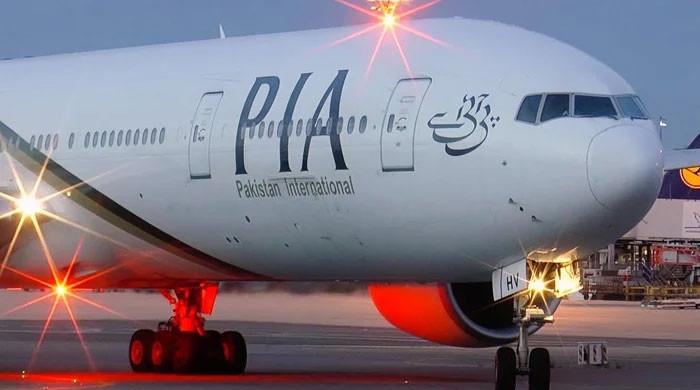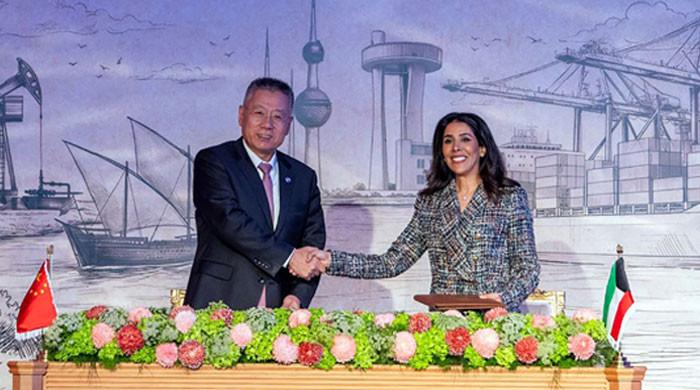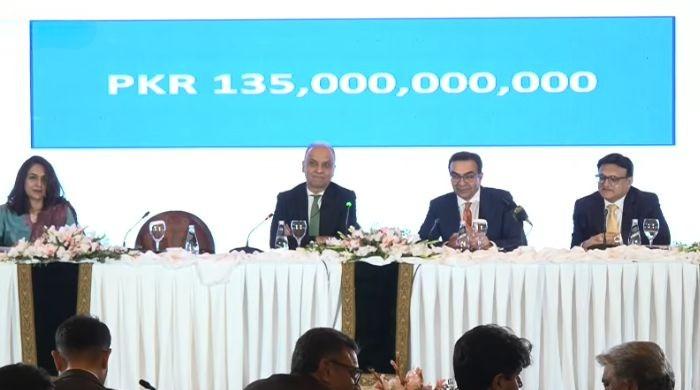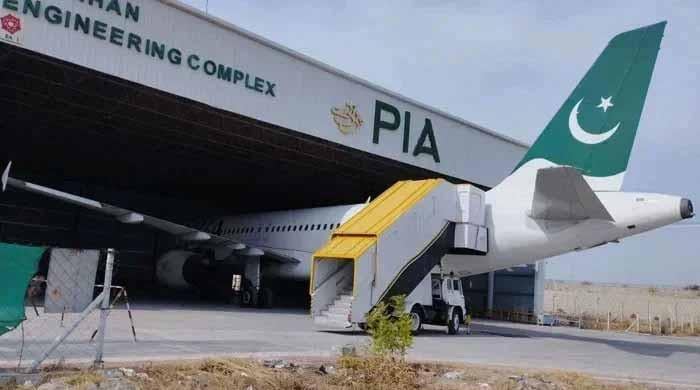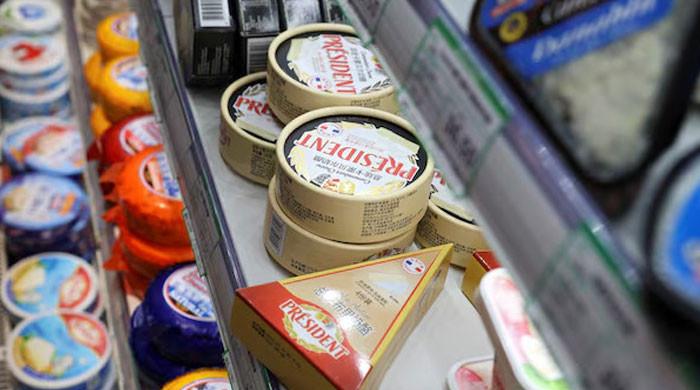IMF wants to eliminate flaws in tax system: FBR chairman
FBR chairman says IMF always demanded a better taxing system in Pakistan
December 31, 2021
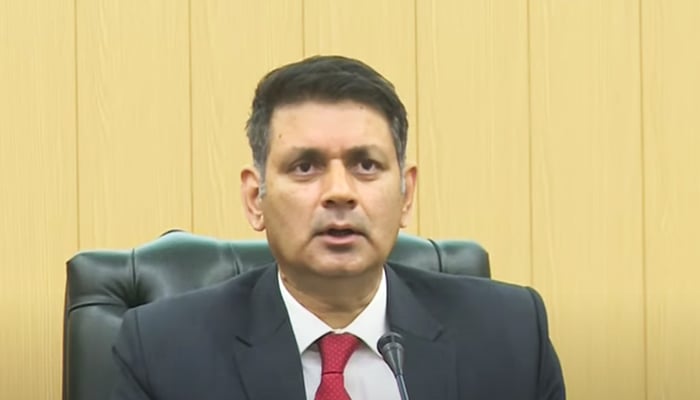
- FBR chairman says IMF always demanded a better taxing system.
- Says matters related to taxes, IMF were "twisted in media reports".
- Tax exemption on essential commodities still intact, he adds.
ISLAMABAD: Federal Bureau of Revenue (FBR) Chairman Dr Muhammad Ashfaq on Friday said the International Monetary Fund (IMF) always wanted to "eliminate the flaws" in Pakistan's tax system.
"IMF had always demanded that the tax system be fixed," the FBR chairman said, during a press conference a day after the government unveiled the Finance (Supplementary) Bill, 2021 and SBP Amendment Bill, 2021 — pre-requisites to resume the $6 billion External Fund Facility (EFF) of the IMF.
The FBR chairman said that several matters related to taxes and the IMF were "twisted in media reports". He said IMF was a "reality", clarifying that many taxes that were claimed to have been levied "were not actually imposed by the government".
Dr Ashfaq noted that tax policy reforms were needed since a long time. However, during the previous regimes, rulers amended the laws to achieve their personal interests and take exemptions.
He said every time the country entered into an IMF programme, new taxes were imposed but the old exemptions, concerning certain economic groups, were not touched upon and remained embedded within the system.
"The exemptions were not withdrawn simply because it would have been a politically very unpopular decision," the FBR chairman lamented.
The tax authority's chairman said the FBR had still kept the tax exemption on consumable essential commodities intact. "The tax exemption on mobile imports and motorcycles has been lifted," he added.
Tax exemption on magazines, fashion journals, imported live animals, steak meat, fish, cotton seeds, maize seeds and poultry feed has also been lifted, he said, adding that the tax burden on a common person had "only increased by Rs2 billion".
Proposed taxes on items
According to the finance ministry's proposal, the government will impose a tax on approximately 150 goods at a rate of 17%. Therefore, goods that were currently either completely exempt from General Sales Tax (GST) or being taxed at 5% to 12% would now be taxed at 17%.
If the government's proposed revisions sail through:
- Income tax rate on mobile phone calls will increase from 10% to 15%.
- Imported meat and poultry items will be exempt from tax.
- GST on cars above 1,000cc will go up to 17% and the tax on the import of electric vehicles in CBU conditions will increase from 5% to 17%.
- Zero-rating available on supplies of raw materials for imported milk would be withdrawn and be taxed at 17%.
- Duty-free shops will be taxed at 17%.
- Bread prepared in bakeries, restaurants, food chains and shops will be taxed at a 17% rate.
- Sales tax on prepared foodstuff and sweetmeats supplied by restaurants, bakeries, and sweet shops will increase to 17%.
- Goods received as gifts from a foreign government or organisation will be taxed at 17%.
- Cottonseed will be taxed at 17% GST.
- Tax on machinery for the poultry sector will go up from 7% to 17%.
- GST on silver and gold will increase from 1% to 17%.
- Computers and laptops will also be taxed.
- Raw material for medicines will be taxed at 17% GST.





